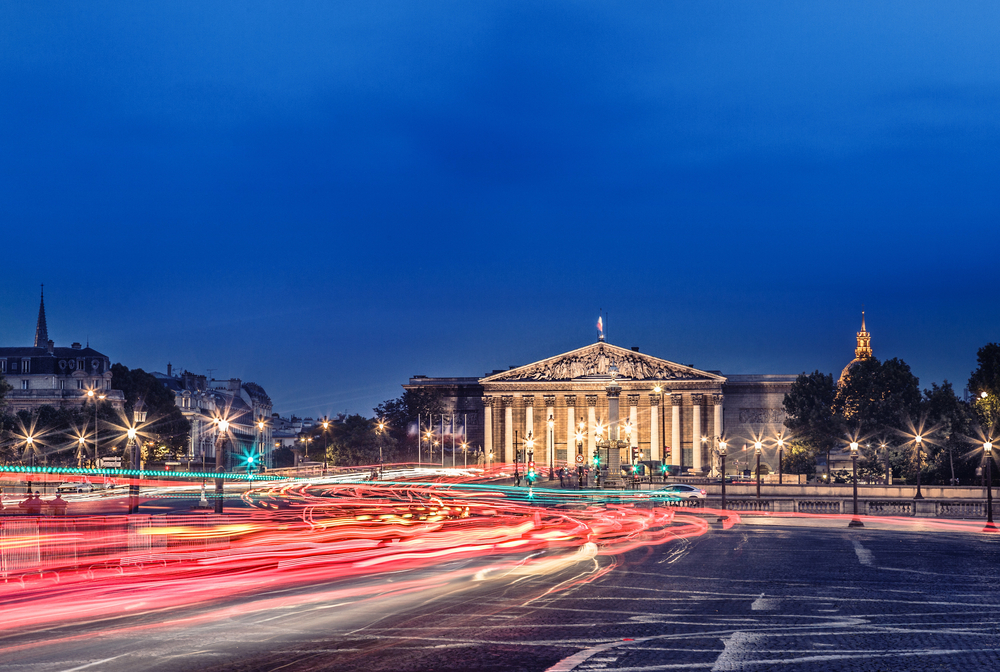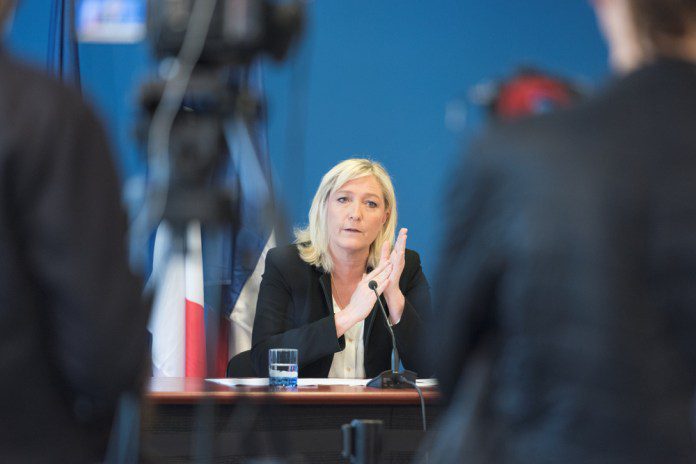As nationalist sentiment and populist forces continue to sweep the continent, the French election may prove to be a key indicator as to the direction of European politics.
France is still reeling from the devastation of last year’s harrowing terrorist attacks, which have prompted public concern about counter-terrorism measures, security and the perceived erosion of national identity.
There are deep tensions between the promotion of tolerance and multiculturalism, and the enforcement of the secularism that defines French culture. The recent controversy surrounding the French ‘Burkini’ ban exemplifies this persistent conflict.
Former President Nicholas Sarkosy was unexpectedly wiped out of the primaries in the preliminary round with just 20.6 percent of the vote, with François Fillon instead winning almost enough votes to secure the nomination outright. Mr Fillon saw off a challenge from the initial favourite, Alain Juppé, who trailed with just 28 percent.
Is this, therefore, someone who represents a viable candidate that can harness the discontent which continues to bubble within the nation?
The shock election of political outsider and controversial real-estate magnate Donald Trump in the U.S has thus far, further ignited the campaign of Far-Right National Front Leader Marine Le Pen.
Ms Le Pen said Trump’s victory had made “the French realise that what the people want, they can get if – they mobilise themselves”.
The election of Mr Trump, as well as Brexit in the UK, may signify a surprising U-turn against the political establishment and the elite for the US and the UK; but this is not a new concept for the French. Revolution at the hands of the people is deeply ingrained within the French sense of self and history; therefore a vote against “establishment politics” is not an impossibility. The success of the French Revolution, which prompted the fall of the Bastille and enshrined the dogma of the people – that of liberté, fraternitié, egalité – is a testament to this.

However the presidential race remains in the early stages, making it difficult to predict the emerging themes of this election within the context of an increasingly volatile global political climate. 2016 has been a year of political upsets and surprises, with polling proving increasingly inaccurate. Even the UK, a country with a history characterized by stability and adversity to change, voted for Brexit’s seismic changes – will France be the next to succumb to the increasingly persuasive force of populism and elect the National Front to power?
Mr Fillon’s strong performance in the initial primary signals that the French traditional right is not yet extinct, with his strong Conservative stances on immigration and national identity offering an alternative to Ms Le Pen’s more extreme positioning. These are all issues weighing heavy upon the conscience of the French – and conquering these will be integral to victory.
Mr Fillon himself is a self-confessed admirer of former UK Prime Minister Margaret Thatcher, perhaps pointing towards the pursuit of a classic, Thatcherite, neo-liberal economic agenda. Whilst this marks a deviation from the socialism imposed by Hollande, neo-liberalism does not necessarily go against the grain in France, possibly enabling him to command a broad coalition of support. Moreover, like Thatcher, Mr Fillon is viewed as socially conservative. As a Catholic and early advocate of the controversial ‘Burkini’ ban, he may well attract support Le Pen’s growing conservative support base.
Some periphery similarities can be drawn between the UK Conservative’s ability to win a majority during the 2015 election. Whilst immigration concerns enabled populist party UKIP to command an unprecedented percentage of the vote, the establishment nonetheless managed to retain their grip on power.
Candidates Alain Juppé and Francois Fillion, both former Prime Ministers of the country, are to face one another in a televised debate this evening.

